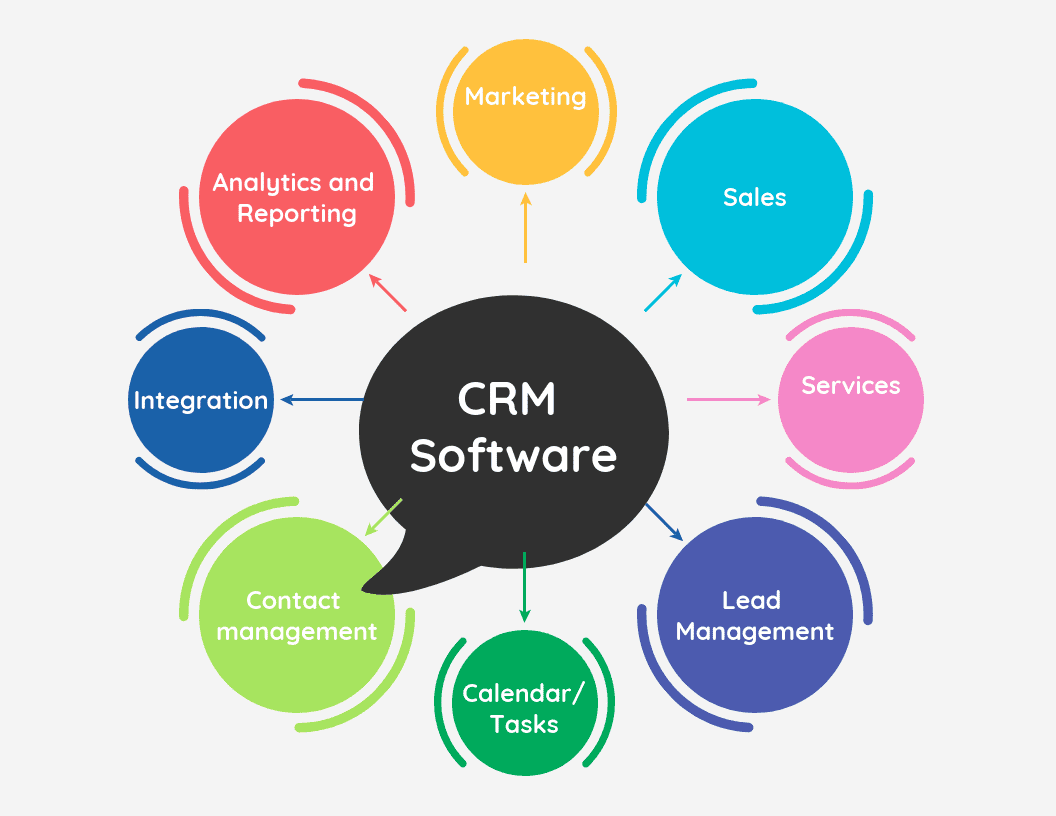Every business needs customers to survive. They spend money to acquire new customers while retaining existing ones. As competition increases, these businesses must find ways to improve their customers’ experiences. This challenge typically falls on the sales team, as they are the ones who develop relationships with customers. However, the executive team needs to ensure the sales force has the tools needed to accomplish this goal.
Many companies turn to customer relationship management (CRM) applications to manage their sales team. For example, when managing concrete sales, the company can track the productivity of the sales force. In addition, this software provides features that aid in customer support and problem resolution. In fact, businesses find this software to be so helpful that global sales in the industry are expected to reach $113.46 billion in the next five years.
Choosing a CRM
With many CRM programs to choose from, companies must know what to look for when making this purchase. What does the business need from the program? The size of the organization plays a role in which program the company should select, as does the program’s functionality. A large enterprise needs more features than small-to-medium-sized businesses, and there is a program for every company. Why are there differences between the programs?
The Needs of Large Enterprises
A large enterprise relies on a larger sales team. For this reason, the program needs to come with all features these team members may use while addressing problems they encounter. While this type of software eliminates many tasks formerly handled by the sales team, every member must be trained to use the program. There is a steep learning curve.
This software is an investment, so the company wants to ensure it gets the best return on investment. When training employees, the focus needs to be on ensuring the use of the program improves the customer experience. If it does, the relationship between the sales team and the customer will develop into a long-term partnership.
The Role of Artificial Intelligence
Most enterprise-level technologies today use artificial intelligence, and companies continue to invest in this technology because they see how beneficial it is. AI handles menial tasks so the sales team can focus on building relationships. Efficiency increases, and human errors become less of a concern. This also helps to improve the customer relationship while ensuring every interaction goes smoothly.
Customer Interactions and Digital Adoption Platforms
Employees interact with the CRM application at various stages in the business cycle. When the program is first implemented, they must understand how to use it. This allows them to help customers with their needs. Once they gain a better understanding of the program, they will need ongoing support. Many companies rely on digital adoption platforms at this stage of the process.
A digital adoption platform (DAP) leverages AI to ensure the user has a personalized experience. This platform guides them through the use of CRM and provides relevant content related to the problems they are experiencing. The users don’t need to leave the application to get help. This means they get more work done and have fewer disruptions.
The DAP may provide the user by sharing an article addressing the problem or by taking them step-by-step through how to complete a task. Customers may also benefit from the DAP when they are filling out online forms.
Consider investing in this technology to move your business forward. Many companies have done so with great success. Try the software today to see how it moves your organization to the next level and allows you to stay ahead of the competition.












